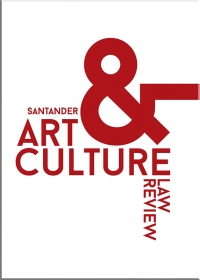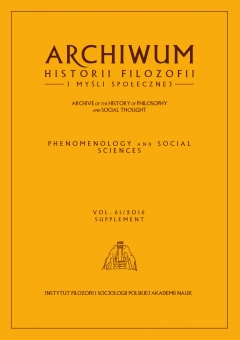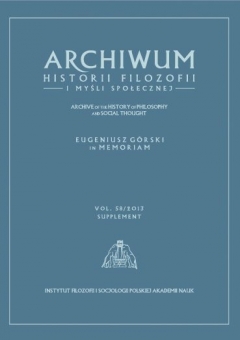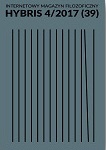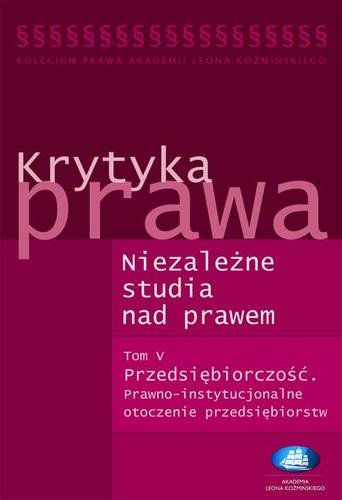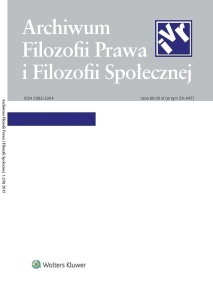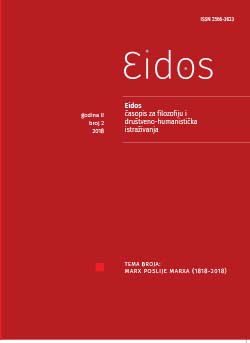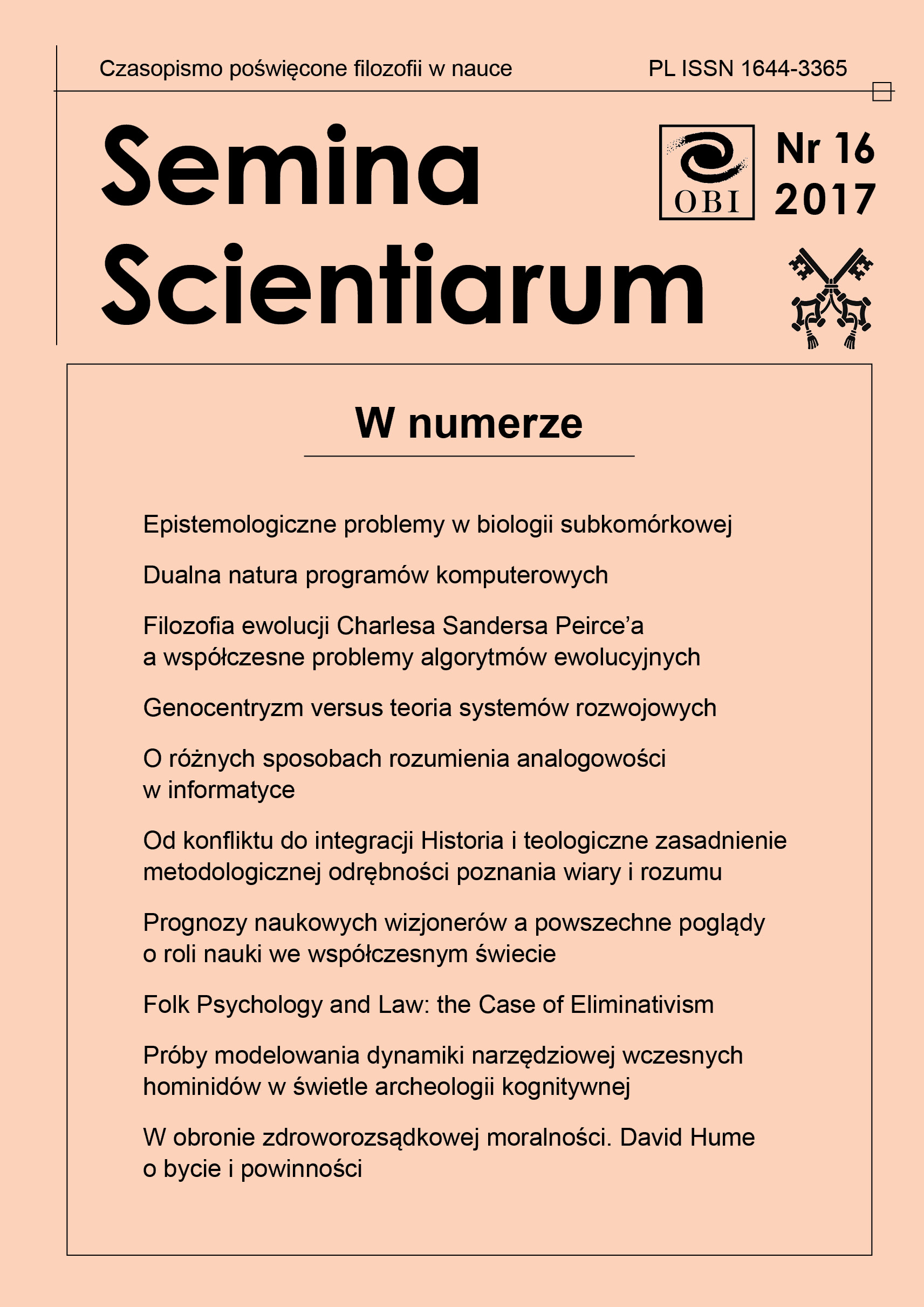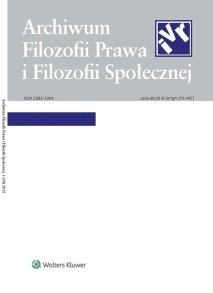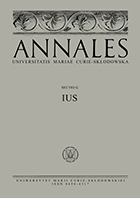
A Few Remarks on Equitable Law (from the Perspective of the System of Statutory Law)
The article discusses equitable law with reference to the perspective of the system of statutory law. The author founds the substantive theory of equitable law on the following values: truth, good, justice and human dignity. The paper defines the understanding of these values. Then, it indicates that they should be respected in legislative activities (in lawmaking) as well as in the application of law so that the law (norms) and decisions should be equitable. It is also emphasised that equity is “an instance” that can protect the man and his dignity – the dignity of the human person.
More...
